Shehbaz’s govt eyes reset in West ties
Bilawal may become foreign minister after issues between PPP, PML-N are sorted out; 'will meet Nawaz' in London
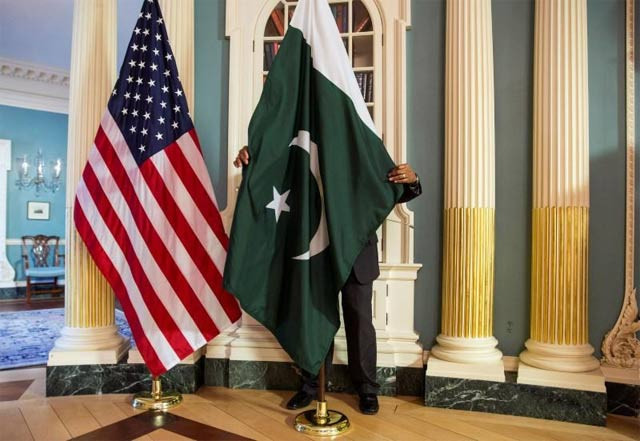
The coalition government of Prime Minister Shehbaz Sharif is seeking to reset ties with the West, particularly with the US, even though it is not certain whether PPP Chairman Bilawal Bhutto-Zardari would become the new foreign minister or not.
He was not among the cabinet members who were sworn in on Tuesday, a week after the election of Shehbaz as the premier.
However, the induction of Hina Rabbani Khar as the minister of state for foreign affairs means that the key portfolio would go to the PPP. Reports suggest that Bilawal is still considering joining the cabinet as a foreign minister after certain issues between the PPP and PML-N are sorted out.
For this purpose, Bilawal would reportedly meet PML-N supremo Nawaz Sharif in London before joining the cabinet.
As clarity over Bilawal joining the cabinet is awaited, Khar on Tuesday took charge of her new role. She previously served as the foreign minister between 2011 to 2013 during the PPP term and replaced Shah Mahmood Qureshi, who resigned from the post over differences on the Raymond Davis saga.
On her first day in office, Khar was briefed by Foreign Secretary Sohail Mehmood.
Belonging to Pakistan Peoples Party (PPP), Hina Rabbani Khar has previously served as foreign minister from February 2011 to March 2013 – the youngest person and the first woman to hold this office in the country.
— The Express Tribune (@etribune) April 19, 2022
Visit: https://t.co/0L4PVRPOqI#etribune #news #HinaRabbaniKhar pic.twitter.com/V50binyA0T
Also read: US 'looks forward' to closer cooperation with new Pakistani government
Official sources told The Express Tribune that major changes are expected in the foreign policy under the new government. The main focus, according to sources, would be to repair the damage done to the relationship with the West, especially the US, during the PTI government.
"The government can show certain achievements on the foreign policy in a short time," said one official, who expects a major reach out to the European countries and the US.
In fact, the reach out is already under way. The new government twice issued statements underlining the importance of a long-term relationship with the US.
Washington has too responded positively to the new government's wish for better ties as its State Department spokesperson Ned Price expressed his country’s desire to work with the Shehbaz administration.
It is believed that the infamous diplomatic cable, which according to former premier Imran Khan contained evidence of a regime change in Pakistan, has damaged the relationship between the two countries.
The operations of the Foreign Office have also been affected as many diplomats were not happy the way previous government politicised the entire issue.
It is likely that the new government would further clarify and may seek access to the original cypher to find out the exact contents of the conversation between Pakistani ambassador and the US official.
The Shehbaz-led government is also keen to reach out to the European countries, which were largely ignored during the Imran Khan administration. The former premier hardly undertook a bilateral trip to any European country as he twice cancelled visit to the UK -- much to the dismay of the British government.
Similarly, the new government would seek greater cooperation with Saudi Arabia and other Gulf countries.
PM Shebhaz is expected to travel to Saudi Arabia later this month. Prior to his departure, he received a telephone call from Saudi Crown Prince Muhammad Bin Salman. The Saudi ambassador also met Premier Shehbaz on Monday to personally invite him for a visit to the kingdom.
Also read: Pakistan needs a balanced, not independent, foreign policy
Sources privy to the developments said both the telephone call and the meeting between PM Shehbaz and the Saudi envoy were “unusually” warm and cordial.
The election of PM Shehbaz has also sent a positive signal to China, according to sources. Following the Saudi visit, the premier will also travel to China.
Although the chances of any major breakthrough are slim, tensions between Pakistan and India may ease.
Indian Prime minister Narendra Modi and his Pakistani counterpart exchanged letters and both leaders have expressed the desire for “constructive engagements”.
Given the military establishment also keen in seeking de-escalation, the two sides may take certain steps to lower the years of tensions.


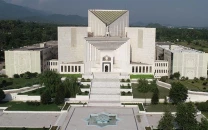
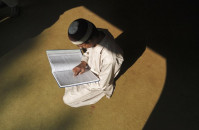
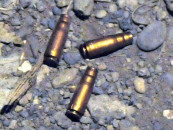




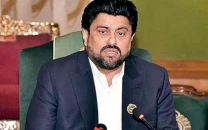
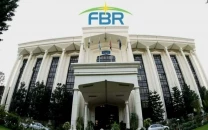



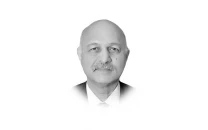




COMMENTS
Comments are moderated and generally will be posted if they are on-topic and not abusive.
For more information, please see our Comments FAQ